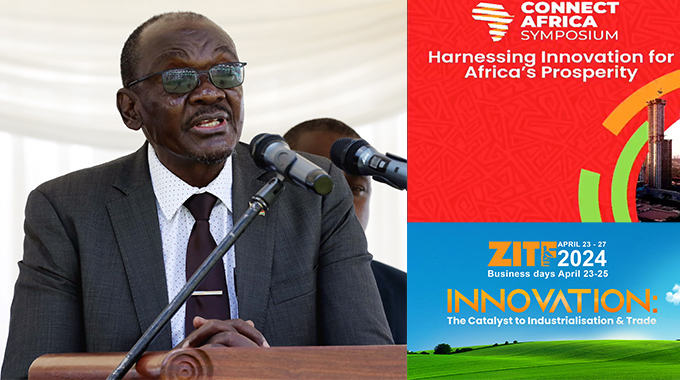UNDP to pay village workers

Paidamoyo Chipunza, Senior Health Reporter
The United Nations Development Programme (UNDP) will pay all village health workers under the Global Fund to Fight Aids, Tuberculosis and Malaria their dues before the end of the year, amid revelations that some of them were last paid in June this year.
According to UNDP, there are about 7 600 VHWs under the Global Fund from which about 4 500 received their allowances up to June 2017 for all provinces, except for Masvingo, Harare, Chitungwiza and Bulawayo where payment was made up to September 2017.
Responding to e-mailed questions on concerns of non-payment of incentives, which had been raised by the village health workers (VHWs), UNDP country director Mr Georges Van Montfort said the delays were necessitated by the economic environment prevailing in the country.
“The prevailing economic situation had put pressure on various payment modalities and this has affected timely disbursement of funds for VHWs incentives,” said Mr Montfort.
Mr Montfort said due to challenges in timely payment of the allowances, Government has turned to electronic payment systems for all VHWs throughout the country.
“This system is to serve as a reliable platform to make payments to VHWs in an effective and timely manner,” he said.
Mr Montfort said in the same vein, the Ministry of Health and Child Care conducted an exercise to get accurate data on all the VHWs in the country, which is important in facilitating payments using other methods such as mobile money transfers.
He said UNDP in conjunction with the United Nations Children’s Fund also created a database of all VHWs through the assistance of a consultant, and efforts were underway to clean it up before the end of the year, a process he said was anticipated to improve timely and efficient disbursement of incentives.
Village health workers play an essential role in the primary healthcare system in Zimbabwe, particularly in rural communities as they are usually the first port of entry into the public health system.
Government and some non-governmental organisations have now resorted to using VHWs to advocate for health seeking behaviours within communities, provide basic health services and refer to clinics when need arises.
These health workers are not within Government structures, but are supported through varying incentives such as cash or commodities.











Comments